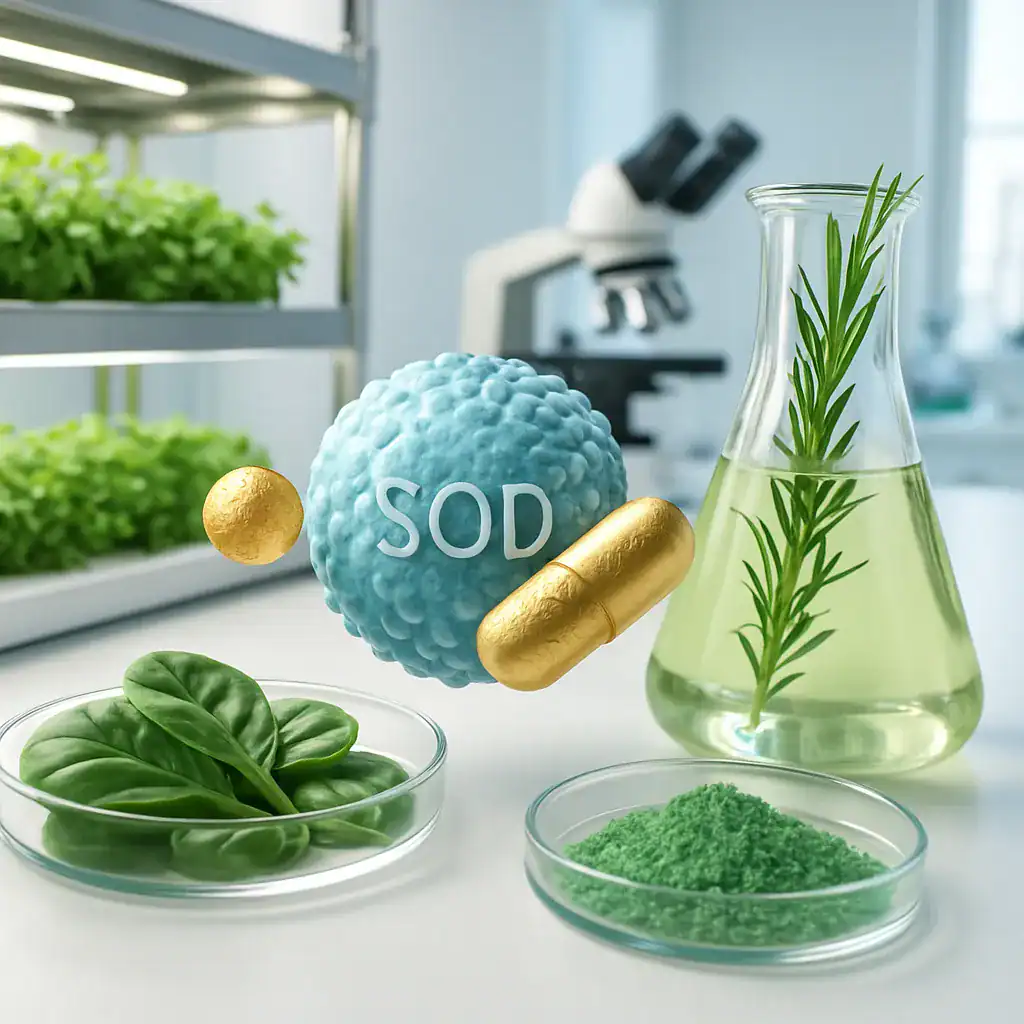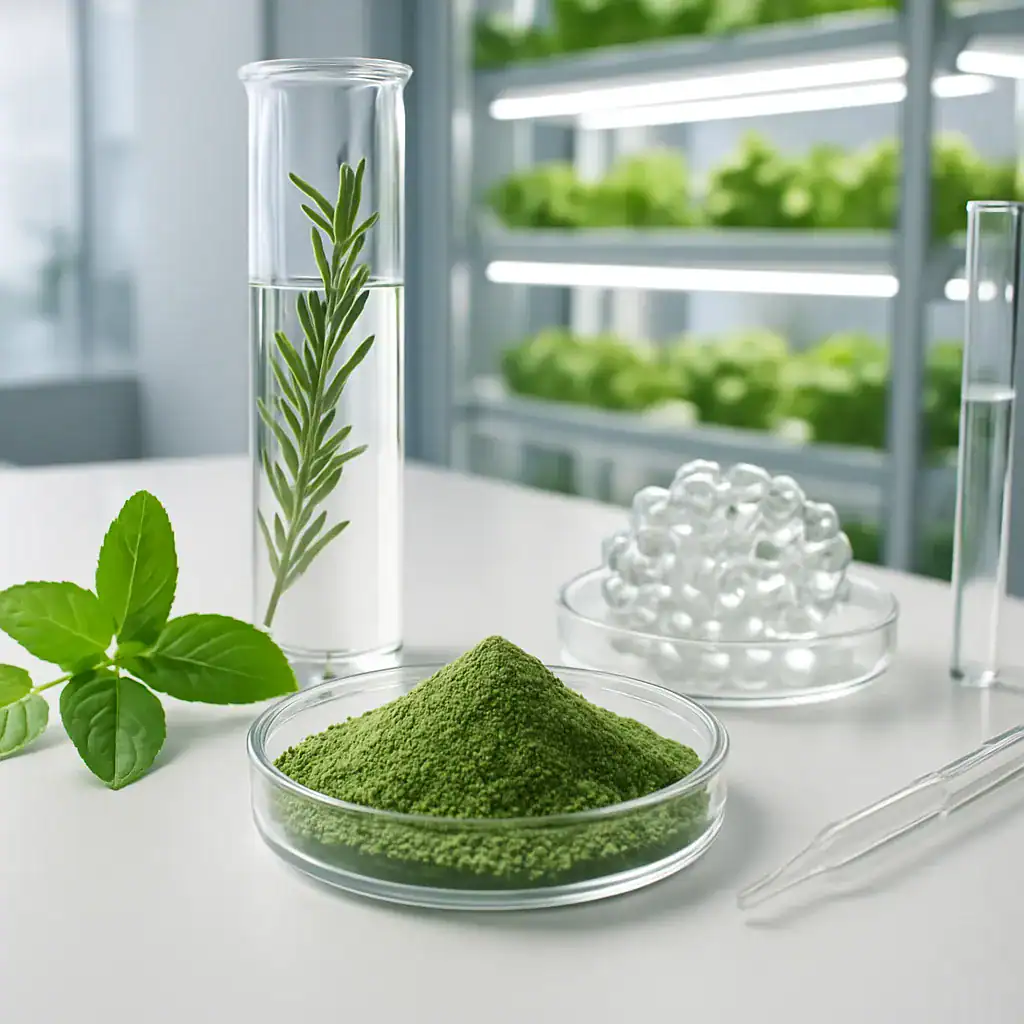Nickel-Free Herbal Products: Meeting the Growing Demand for Safer Supplements
Understanding Organic Certification in the Nutraceutical Industry
When you’re developing nutraceutical products, the quality and purity of your extracts become fundamental to your product’s efficacy and market position. Organic certification represents more than just a label—it’s a comprehensive verification system that ensures your botanical extracts meet specific standards for cultivation, processing, and manufacturing.
You might have noticed that consumers increasingly scrutinize product labels, looking specifically for organic certifications as assurance of quality. This trend isn’t surprising. The organic supplement market has grown by over 8% annually in recent years, outpacing conventional supplements. But have you ever considered what actually makes an extract “certified organic” and why this matters so significantly for bioactive compounds?
Organic certification for plant extracts involves rigorous evaluation of the entire production chain—from seed selection and soil management to extraction processes and final formulation. This holistic approach ensures that the potent bioactive compounds in your extracts remain uncompromised by synthetic pesticides, chemical fertilizers, or artificial processing aids that might diminish their therapeutic potential.
That’s clear, but what does this mean for your nutraceutical products? Simply put, organic certification provides scientific validation that your extracts deliver the natural bioactivity you promise to your health-conscious consumers.
The Certification Process for Botanical Extracts
Meeting Organic Standards for Plant-Based Extracts
Obtaining organic certification for botanical extracts isn’t a simple checkbox exercise—it’s a meticulous journey through multiple verification steps. The process begins where your botanicals grow, whether in traditional agricultural settings or innovative vertical farming systems like those used at PhNóva.
When you submit your extracts for organic certification, inspectors will evaluate several critical aspects:
- Cultivation Methods: The plants used must be grown without synthetic pesticides, GMOs, or chemical fertilizers. For instance, when producing Superoxide Dismutase (SOD) extracts, the source plants must be cultivated in certified organic soils for at least three years.
- Extraction Techniques: You’ve likely encountered the challenge of maintaining bioactivity during extraction. Certified organic extracts must use methods that avoid chemical solvents. Instead of conventional solvent extraction, water, supercritical CO2, or food-grade ethanol become the preferred extraction media.
- Processing Standards: Have you noticed how some extracts lose their potency during processing? Organic certification requires gentle processing methods that preserve the natural molecular structure of bioactive compounds. Temperature control becomes particularly crucial when processing heat-sensitive compounds like exosomes or enzyme-based nutraceuticals.
But the complexity doesn’t end there. Different regions maintain their own organic standards, creating a potential certification maze for global distribution.
Global Organic Standards and Their Differences
You might be formulating products for multiple markets, each with distinct organic certification requirements. Understanding these differences becomes essential for international distribution of your nutraceutical extracts.
The USDA National Organic Program (NOP) sets the standard in the United States, requiring 95% organic ingredients for the coveted USDA Organic seal. The European Union’s organic regulations (EU 2018/848) often implement stricter controls on processing aids and additives than their American counterparts.
For example, when developing extract-based products containing plant exosomes for both markets, you’ll need to navigate subtle but significant differences in permitted extraction methods. The EU may restrict certain processes that the USDA allows, particularly regarding filtration techniques and stabilization methods.
That’s why many nutraceutical companies partner with specialists like PhNóva, whose expertise in navigating these regulatory frameworks ensures compliant, high-quality organic extracts suitable for global distribution.
Benefits of Organic Certification for Extract Quality
Enhanced Bioactivity and Therapeutic Potential
Have you ever wondered why organically certified extracts often demonstrate superior efficacy in clinical applications? The answer lies in their molecular integrity. When plants grow without synthetic pesticides and chemical fertilizers, they naturally produce higher levels of protective compounds—the very phytochemicals we seek in therapeutic extracts.
You can observe this enhanced bioactivity particularly in antioxidant compounds like Superoxide Dismutase (SOD). Studies comparing organic and conventional SOD extracts show that organically cultivated sources often contain up to 30% higher enzymatic activity. This translates directly to improved free radical scavenging capacity in your final formulations.
For nutritionists and dietitians, this presents a compelling case when recommending supplements to clients seeking optimal antioxidant support. Your clients dealing with inflammatory conditions like arthritis or cardiovascular issues might experience more significant improvement with organically certified SOD extracts due to this enhanced bioactivity.
The absence of chemical residues also means that sensitive delivery systems like plant exosomes maintain their structural integrity, preserving their remarkable ability to transport bioactive compounds across cellular barriers. For clients with absorption issues or those seeking targeted delivery of nutrients, this difference can be particularly meaningful.
Sustainability and Environmental Considerations
But organic certification extends beyond product quality—it embodies a commitment to environmental stewardship that resonates deeply with today’s health-conscious consumers.
When you recommend organically certified extracts, you’re supporting sustainable agricultural practices that promote biodiversity and soil health. This ecological approach creates a virtuous cycle: healthier soils produce plants with richer phytonutrient profiles, which in turn yield extracts with superior therapeutic properties.
Companies like PhNóva demonstrate this integrated approach through their Vertical Farming Botanics program, where organic cultivation methods combine with sustainable water usage and reduced carbon footprint. This holistic perspective ensures that your nutraceutical recommendations align with both health outcomes and environmental values—an increasingly important consideration for clients who view wellness through a broader ecological lens.
The nutraceutical industry continues to evolve, with organic certification standing as a pivotal quality marker for extracts. By understanding the certification processes, standards variations, and quality implications, you can make more informed decisions when selecting extract-based products for your practice and clients.
Our Key Areas of Expertise

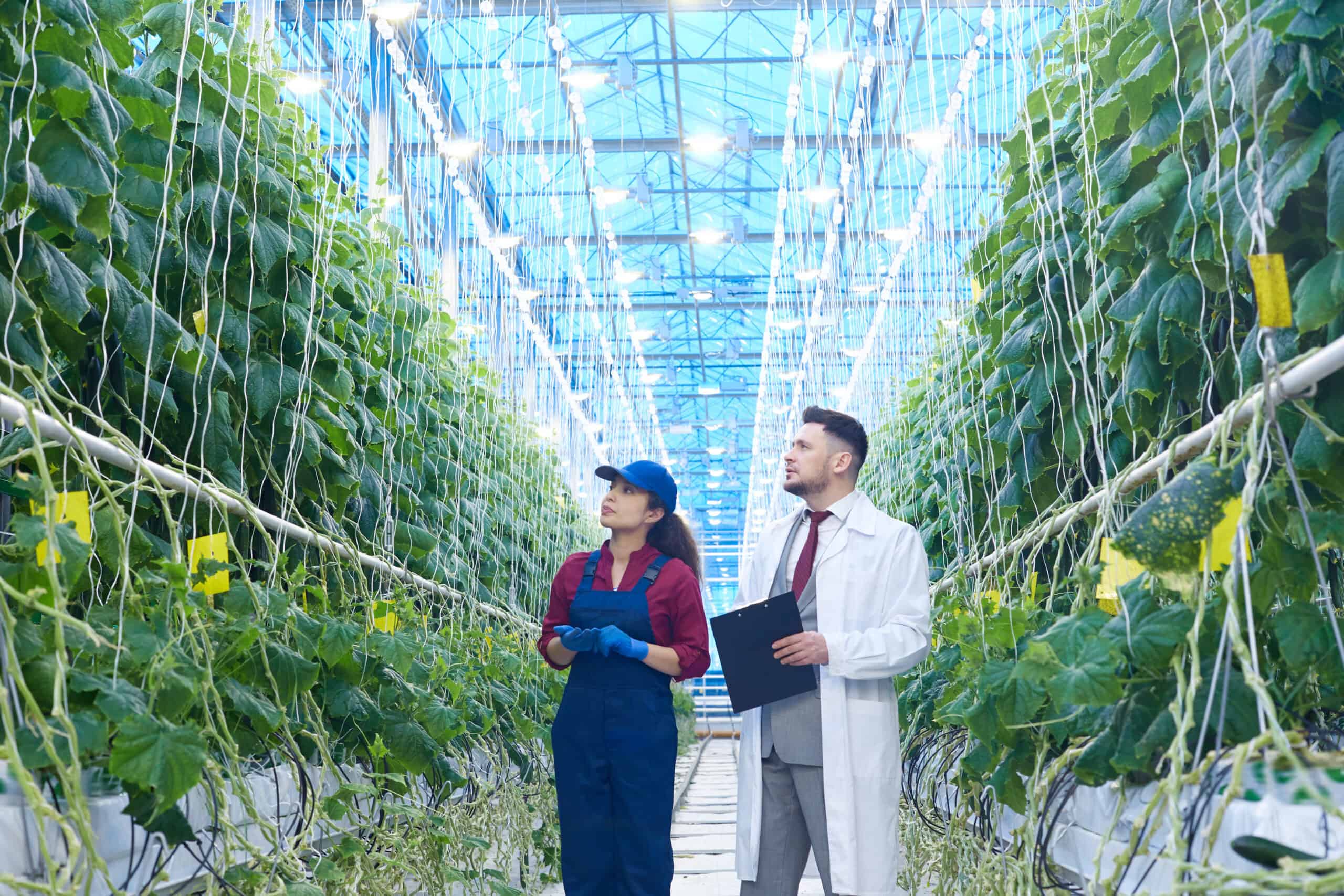
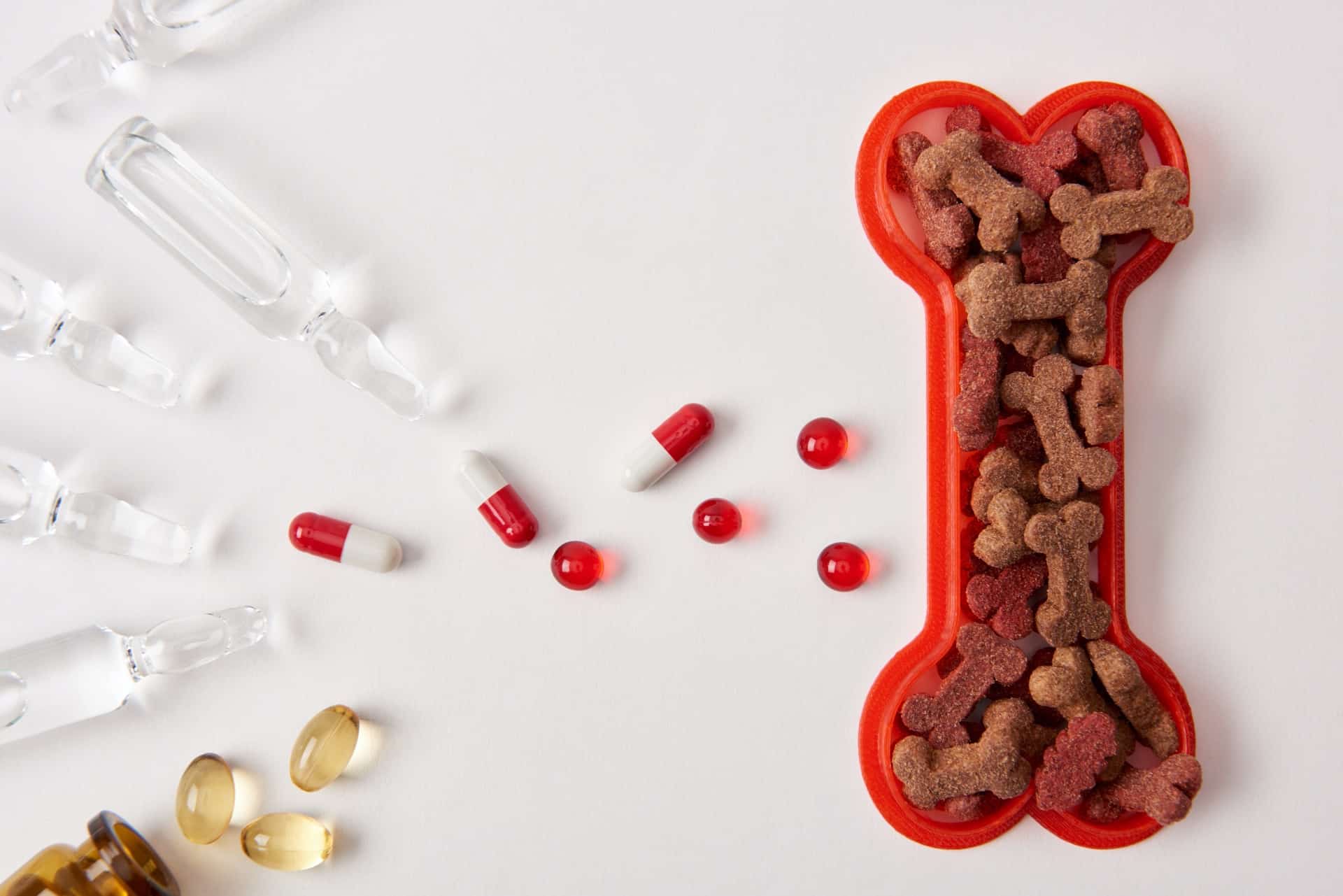
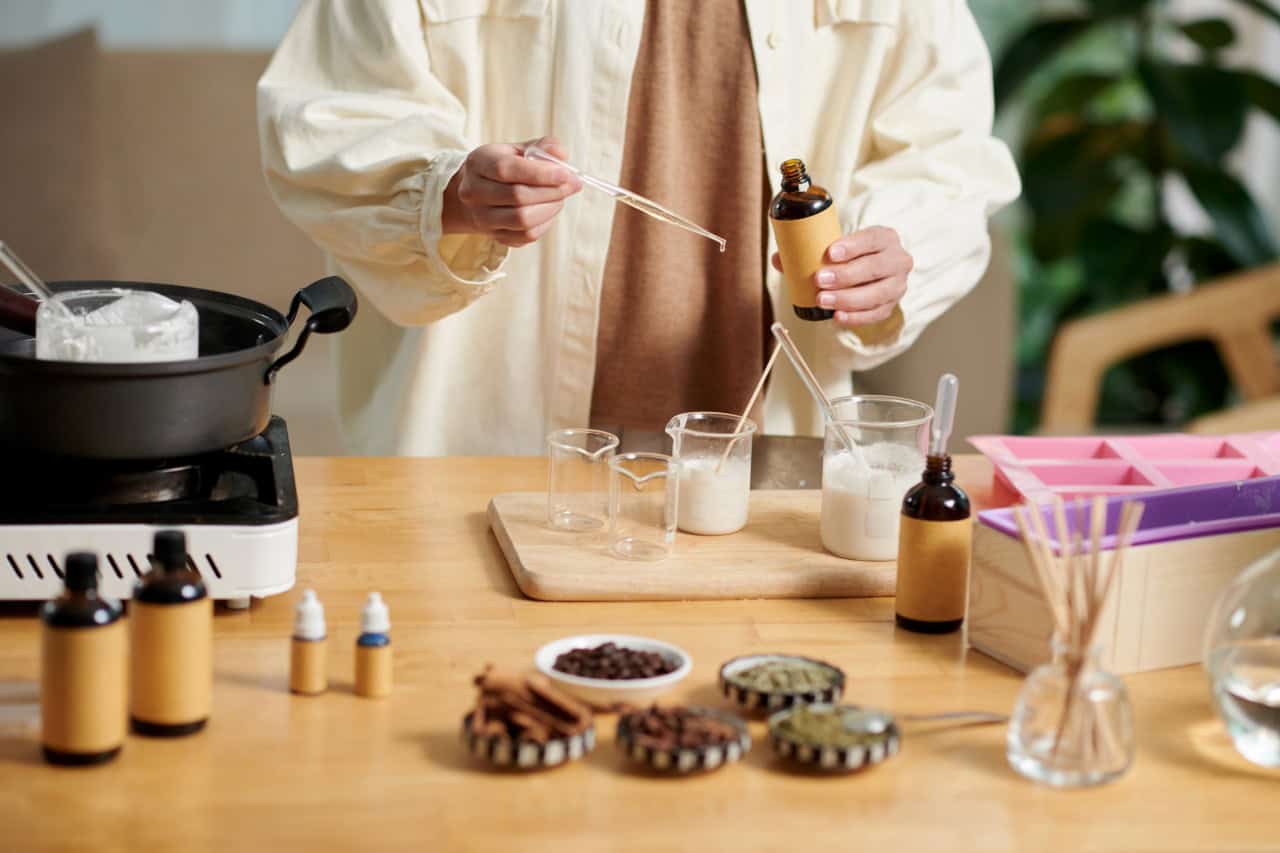
The Integrated Impact of Organic Certification on Nutraceutical Production
Organic Standards as a Foundation for Extract Quality
When you incorporate organically certified extracts into your nutraceutical formulations, you’re accessing more than just a marketing advantage—you’re tapping into an integrated system that influences every aspect of the final product’s efficacy. Organic certification establishes rigorous frameworks that extend throughout the entire production chain, creating a foundation for superior bioactive compounds.
The interconnection between organic certification and extract quality becomes particularly evident when examining the relationship between cultivation methods and phytochemical profiles. Plants grown under organic standards typically develop more robust defense mechanisms, resulting in higher concentrations of beneficial compounds. For SOD extracts, this translates to enhanced enzyme activity that directly impacts the extract’s ability to neutralize free radicals in your formulations.
Consider how this process affects your products:
- Source botanical quality determines initial phytochemical content
- Extraction methods preserve or compromise these compounds
- Processing techniques influence stability and bioavailability
- Final formulation determines delivery efficiency to target systems
Each of these steps benefits from the standards established through organic certification, creating a cumulative effect that enhances the therapeutic potential of your nutraceutical products.
From Soil to Supplement: The Organic Production Continuum
The journey from cultivation to final extract represents a continuous quality chain where soil management plays a fundamental role in determining extract potency. Organic certification addresses this by prohibiting synthetic fertilizers and requiring sustainable practices that enhance soil microbiology.
You might wonder how soil quality translates to extract efficacy. The answer lies in the relationship between soil health and plant stress responses. When grown in organically managed soils, botanicals develop more complex phytochemical profiles as natural defense mechanisms. These adaptive responses create the very compounds sought in therapeutic extracts.
For vertical farming operations like those employed by PhNóva, organic certification extends these principles to controlled environment agriculture, where:
| Conventional Farming | Organic Vertical Farming |
|---|---|
| Variable soil quality | Consistent organic substrate |
| Weather-dependent growing cycles | Year-round controlled cultivation |
| Potential pesticide contamination | Zero pesticide environment |
| Fluctuating phytochemical profiles | Standardized bioactive content |
This controlled approach to organic cultivation creates unprecedented standardization in botanical extracts, ensuring consistent phytochemical profiles crucial for reliable nutraceutical formulations. When you incorporate these extracts into your products, you’re leveraging a production system specifically designed to maximize bioactive compound integrity.
Extraction Technologies That Preserve Organic Integrity
The connection between organic certification and extraction methodology represents one of the most critical intersections in nutraceutical production. Solvent-free extraction methods not only comply with organic standards but also preserve the molecular integrity of sensitive bioactive compounds.
Traditional extraction often relies on chemical solvents that can leave residues and potentially alter compound structures. In contrast, organic-compliant extraction technologies include:
- Supercritical CO₂ extraction
- Water-based extraction
- Enzymatic extraction
- Cold-press mechanical extraction
- Steam distillation
These methods align with organic standards while offering distinct advantages for specific compound types. For example, exosome extraction from plant materials requires particularly gentle techniques to maintain vesicle integrity—a requirement that aligns perfectly with organic extraction principles.
You’ll find that implementing these organic-compliant extraction technologies often results in extracts with superior bioavailability profiles, as the natural molecular structures remain intact. This preservation of natural delivery systems—like phospholipid membranes and natural emulsifiers—enhances the body’s ability to recognize and utilize the bioactive compounds.
Botanical Authentication and Traceability Systems
Organic certification establishes robust traceability requirements that directly support botanical authentication—a critical concern in the nutraceutical industry. When you source organically certified extracts, you gain access to comprehensive documentation that verifies botanical identity through multiple verification points.
This traceability system becomes especially valuable when working with high-value botanicals or those with similar-appearing species. For instance, medicinal mushroom extracts benefit significantly from organic certification’s traceability requirements, as the documentation helps prevent substitution with lower-quality species.
The authentication process typically includes:
- Genetic verification of source botanical material
- Chemical fingerprinting of characteristic compounds
- Microscopic analysis of cellular structures
- Detailed batch records from cultivation through extraction
- Chain-of-custody documentation throughout processing
These verification steps create an unbroken chain of evidence regarding extract quality and identity—a valuable asset when developing premium nutraceutical products with specific therapeutic claims.
Quality Control Integration with Organic Standards
Perhaps the most significant intersection between organic certification and nutraceutical production occurs in quality assurance protocols. Organic certification requires comprehensive quality management systems that align naturally with GMP requirements for nutraceutical manufacturing.
You’ll discover that implementing organic standards often strengthens your overall quality control systems, as the documentation requirements create a framework for:
- Comprehensive contaminant testing
- Standardization of bioactive compounds
- Stability monitoring throughout shelf life
- Process validation for extraction methods
- Verification of label claims
This integration of organic and quality systems creates a powerful synergy that elevates your extract-based products beyond conventional alternatives. When you communicate this comprehensive quality approach to consumers, you provide meaningful differentiation in an increasingly crowded marketplace.
The interconnection between organic certification and other quality systems extends to stability testing protocols as well. Organic extracts often demonstrate superior shelf stability due to their higher antioxidant content and absence of pro-oxidant contaminants from chemical pesticides or synthetic fertilizers. This natural stability translates to extended potency throughout your product’s shelf life.
R&D Consultancy
Discover how PhNóva’s R&D Consultancy can help transform your idea into a market-ready solution — with expert support in formulation, regulatory compliance, and innovative delivery systems to give your product a competitive edge.
FAQ's about Nickel-Free Herbal Products: Meeting the Growing Demand for Safer Supplements
Get in Touch with PhNóva
Have questions or need expert guidance? Contact us today — our team is ready to assist you with tailored solutions for your formulations.

28/03/2025




